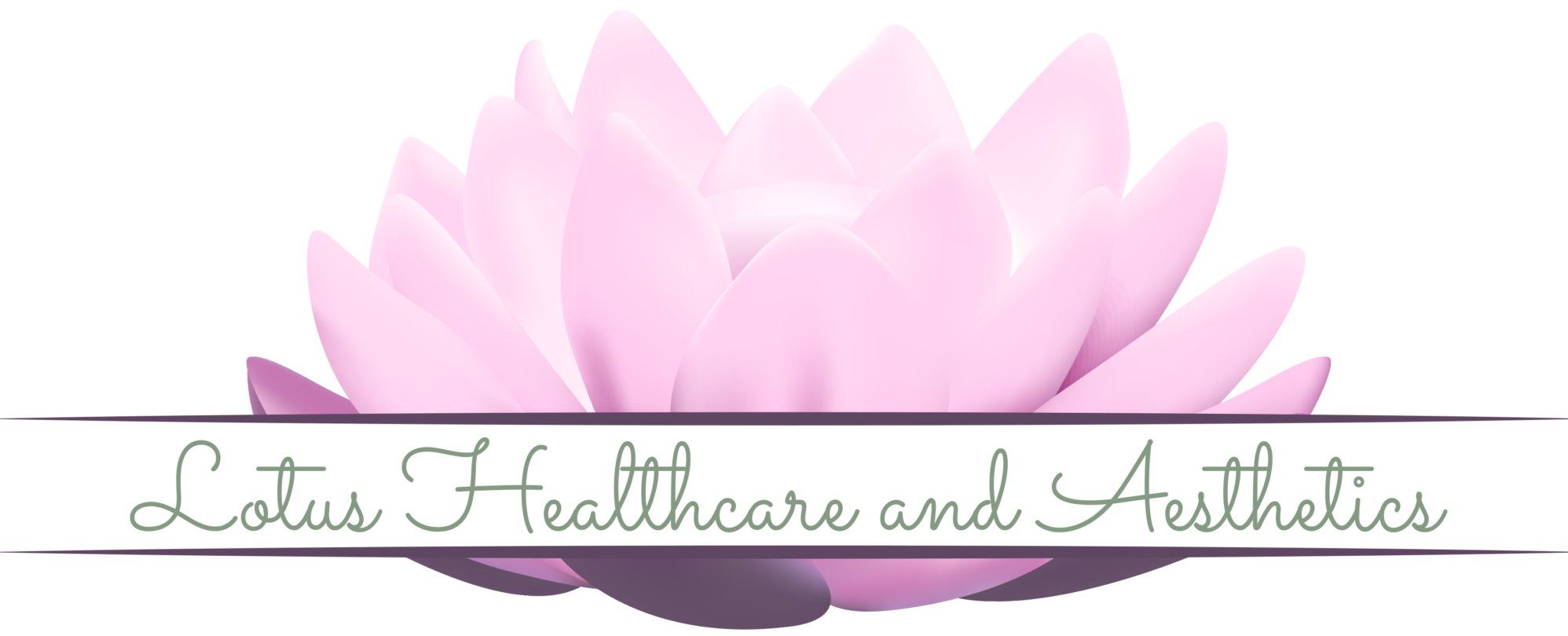Welcome to our guide on boosting testosterone naturally! Testosterone is a hormone that plays a crucial role in various aspects of health, including muscle growth, bone density, and libido. While many factors can affect testosterone levels, such as age and genetics, there are several natural strategies you can implement to optimize your testosterone production. In this blog post, we’ll explore a range of tips and tricks backed by science to help you naturally increase your testosterone levels. From dietary changes and exercise routines to lifestyle adjustments and supplements, we’ll cover everything you need to know to support your body’s testosterone production efficiently and safely. Whether you’re looking to enhance your athletic performance, improve your overall health and well-being, or simply maintain healthy testosterone levels as you age, this guide has got you covered. Let’s dive in and discover how you can take control of your hormone health and unleash your full potential!
Avoiding Toxins: Minimize Exposure to Endocrine Disruptors
Endocrine disruptors are chemicals that can interfere with the body’s hormone systems, including testosterone production. These toxins are found in various everyday products, from plastics to personal care items, and can negatively impact hormone balance and overall health. This section will explore eight practical strategies to minimize exposure to these harmful substances.

Choose BPA-Free Products
Bisphenol A (BPA) is a chemical commonly found in plastics and can linings. It is known to disrupt hormone function. Opt for BPA-free products, especially for food and drink containers. Look for labels indicating BPA-free materials or use alternatives like glass or stainless steel.
Use Natural Cleaning Products
Many conventional cleaning products contain chemicals that can act as endocrine disruptors. Switching to natural or homemade cleaning products can reduce exposure. Ingredients like vinegar, baking soda, and lemon juice are effective and safer alternatives for cleaning your home.
Eat Organic Foods
Pesticides used in conventional farming can contain endocrine-disrupting chemicals. Eating organic foods can minimize this exposure. If buying all organic isn’t feasible, focus on purchasing organic versions of the “Dirty Dozen” – fruits and vegetables most likely to contain pesticide residues.
Avoid Plastic Food Containers
Plastics can leach harmful chemicals, especially when heated. Avoid using plastic containers for food storage and heating. Instead, use glass, ceramic, or stainless steel containers. If you must use plastic, ensure it is labeled as food-safe and avoid heating it.
Choose Natural Personal Care Products
Many personal care products, such as shampoos, lotions, and cosmetics, contain parabens and phthalates, which are known endocrine disruptors. Look for products labeled as paraben-free and phthalate-free, or consider using natural alternatives that use safer ingredients.
Exercise: The Right Workouts to Boost Testosterone
Exercise is a powerful tool for boosting testosterone levels naturally. The right workouts can enhance hormone production, improve muscle mass, and promote overall health. Here are some key points to consider when aiming to boost testosterone through exercise.
- Strength Training: Strength training, particularly heavy lifting, is highly effective at increasing testosterone levels. Focus on compound movements such as squats, deadlifts, bench presses, and rows. These exercises engage multiple muscle groups and stimulate higher testosterone production.
- High-Intensity Interval Training (HIIT): HIIT involves short bursts of intense exercise followed by rest periods. This type of workout can significantly boost testosterone. Incorporate activities like sprinting, cycling, or circuit training into your routine to maximize hormone benefits.
- Consistency: Regular exercise is key to maintaining elevated testosterone levels. Aim for at least three to four workouts per week. Consistency ensures sustained benefits and overall improvements in fitness and hormone balance.
- Adequate Rest and Recovery: Rest is essential for hormone production. Overtraining can lead to elevated cortisol levels, which negatively affect testosterone. Ensure you get adequate rest between workouts and prioritize quality sleep for optimal recovery.
Nutrition: Eat Your Way to Higher Testosterone
Maintaining healthy testosterone levels is essential for overall well-being, particularly for men. Testosterone impacts muscle mass, bone density, energy levels, and libido. One effective way to naturally boost testosterone is through nutrition. The right foods can significantly influence hormone production. Here are eight nutritional tips to help you eat your way to higher testosterone levels.
Incorporate Zinc-Rich Foods
Zinc is a crucial mineral for testosterone production. Foods high in zinc, such as oysters, beef, pumpkin seeds, and lentils, should be included in your diet. Zinc deficiency is associated with low testosterone levels, so ensuring adequate intake is essential. Incorporate these foods into your meals regularly to support healthy hormone production.
Boost Your Vitamin D Intake
Vitamin D is another essential nutrient for testosterone. It acts as a natural hormone regulator. Sun exposure is the best source of vitamin D, but you can also get it from foods like fatty fish (salmon, mackerel), egg yolks, and fortified foods (milk, orange juice). If you have limited sun exposure, consider a vitamin D supplement after consulting with a healthcare provider.
Healthy Fats for Hormone Production
Dietary fats play a significant role in hormone production, including testosterone. Monounsaturated and saturated fats found in avocados, nuts, olive oil, and coconut oil are beneficial. Avoid trans fats and excessive intake of polyunsaturated fats, as they can negatively impact testosterone levels. Including healthy fats in your diet supports optimal hormone health.
Eat Cruciferous Vegetables
Cruciferous vegetables like broccoli, cauliflower, and Brussels sprouts help regulate hormone levels by reducing estrogen in the body. Lower estrogen levels can help increase testosterone. These vegetables contain compounds that support the liver in processing and eliminating excess estrogen, thus promoting a better hormonal balance.
Get Enough Protein
Protein is vital for muscle growth and repair, and it also influences testosterone levels. Incorporate lean protein sources such as chicken, turkey, fish, and legumes into your diet. Protein helps maintain a healthy body composition, which is important because higher body fat percentages are linked to lower testosterone levels.
Conclusion
Boosting your testosterone naturally is achievable with consistent lifestyle changes such as proper nutrition, regular exercise, adequate sleep, and stress management. By incorporating these tips and tricks, you can enhance your overall well-being and maintain healthy testosterone levels. Remember, it’s crucial to stay informed and proactive about your health.
For personalized advice and professional support, contact Lotus Healthcare and Aesthetic in Panama City, Florida. Our team is dedicated to helping you achieve your health goals. Reach out to us at (850) 252-6161 to schedule a consultation today!



